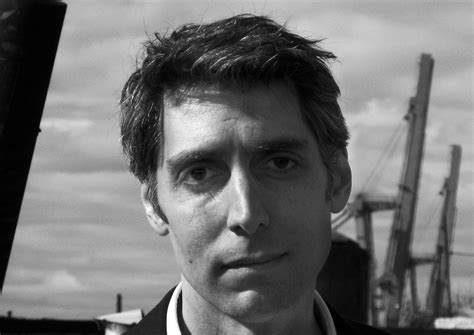A Quote by Annalee Newitz
Part of what I wanted to do in my book was point out that we have almost reached the point where we can prevent a mass extinction with the science and technology we have today. We can build carbon neutral cities.
Related Quotes
To be fair, if we are having a mass extinction, we're in the early stages of it. I think it's knowing facts like that which has made me less fearful about the future. Mass extinction is a long, complicated process that we are just now beginning to understand - and likewise, we are just beginning to understand how we might prevent one.
The British bombed German cities [during World War II] to keep the workers awake at night. So instead of dropping one bomb, we sent a thousand planes and, yes, we took out the factory sometimes, but we also took out the city. It reached the point where we wanted more efficient ways to destroy a city. The result was nuclear weapons.
My first goal would be to reduce the perturbation in the carbon cycle. That would mean using carbon neutral sources of energy, and changing our agricultural practices to be less disruptive and polluting. I'm not talking about a policy here so much as changing the way our infrastructure works. That's why I'm so fascinated with changing the way we build cities, because they are the most developed forms of physical infrastructure for human habitation.
Bypasses are devices that allow some people to dash from point A to point B very fast while other people dash from point B to point A very fast. People living at point C, being a point directly in between, are often given to wonder what's so great about point A that so many people from point B are so keen to get there and what's so great about point B that so many people from point A are so keen to get there. They often wish that people would just once and for all work out where the hell they wanted to be.
Nothing lasts forever. But—especially as it seems to me cities and humans are symbiotically and inextricably bound at this point—I hope cities have a good, long run. Plus, cities are beautiful creatures in their own right; and as with us, their vulnerability and ephemerality are part of that beauty.






























